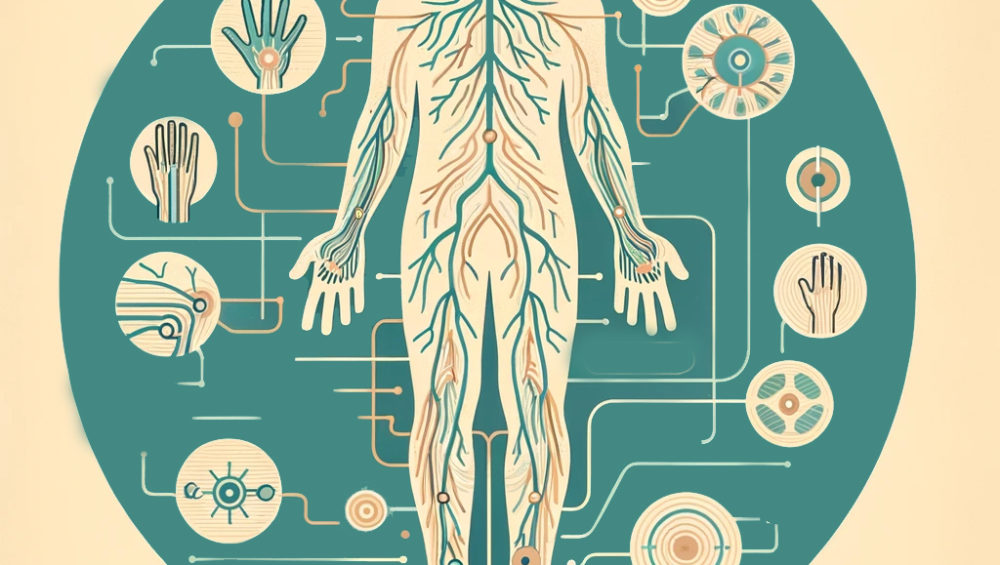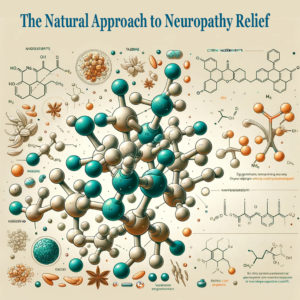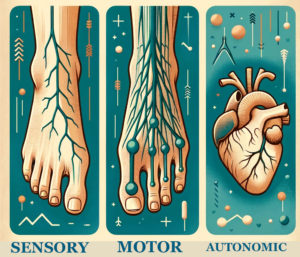Introduction: What Is Neuropathy?
Neuropathy, often referred to as peripheral neuropathy, is not a single disease but rather a term used to describe a range of health issues involving damage to the peripheral nerves. These are the nerves outside your brain and spinal cord. Neuropathy can result from a variety of causes including diabetes, traumatic injuries, infections, and exposure to toxins. One thing is consistent: the discomfort it can cause is significant.
Common Symptoms of Neuropathy
Neuropathy affects people in various ways, but there are some common symptoms that many experience. Understanding these can help in identifying and managing this condition effectively:
- Pain and Tingling: One of the most common complaints of those suffering from neuropathy is pain and tingling, especially in the hands and feet. This sensation often resembles a feeling of wearing an invisible glove or sock, a burning sensation, or electric shocks.
- Numbness: Numbness or a decreased ability to feel sensation can be dangerous, as it may not alert you to injuries. This is particularly concerning for those with diabetes, where a minor foot injury can lead to complications.
- Muscle Weakness: When nerves are damaged, muscle strength can be affected, leading to difficulties with movement. Over time, this can result in muscle atrophy.
- Loss of Coordination: Damage to the nerves can impair your sense of position, leading to clumsiness or a loss of coordination. This can affect your ability to perform everyday tasks like typing or walking smoothly.
- Sensitivity to Touch: For some, neuropathy results in an increased sensitivity to touch. This can make even the weight of a blanket unbearable.
Neuropathy’s Broader Impacts
Beyond the physical symptoms, neuropathy can have a profound impact on quality of life. It can cause difficulties when driving, walking, and engaging in other normal activities. Additionally, neuropathy can affect sleep and mood, potentially leading to depression and anxiety.
Conclusion:
Understanding the symptoms of neuropathy is the first step towards managing this complex condition. If you suspect you have neuropathy, it’s crucial to consult with a healthcare provider for a comprehensive evaluation and to discuss potential management strategies. Remember, you’re not alone in this—many adults over 40 experience similar challenges and there are resources available to help you maintain an active, fulfilling life despite neuropathy.






